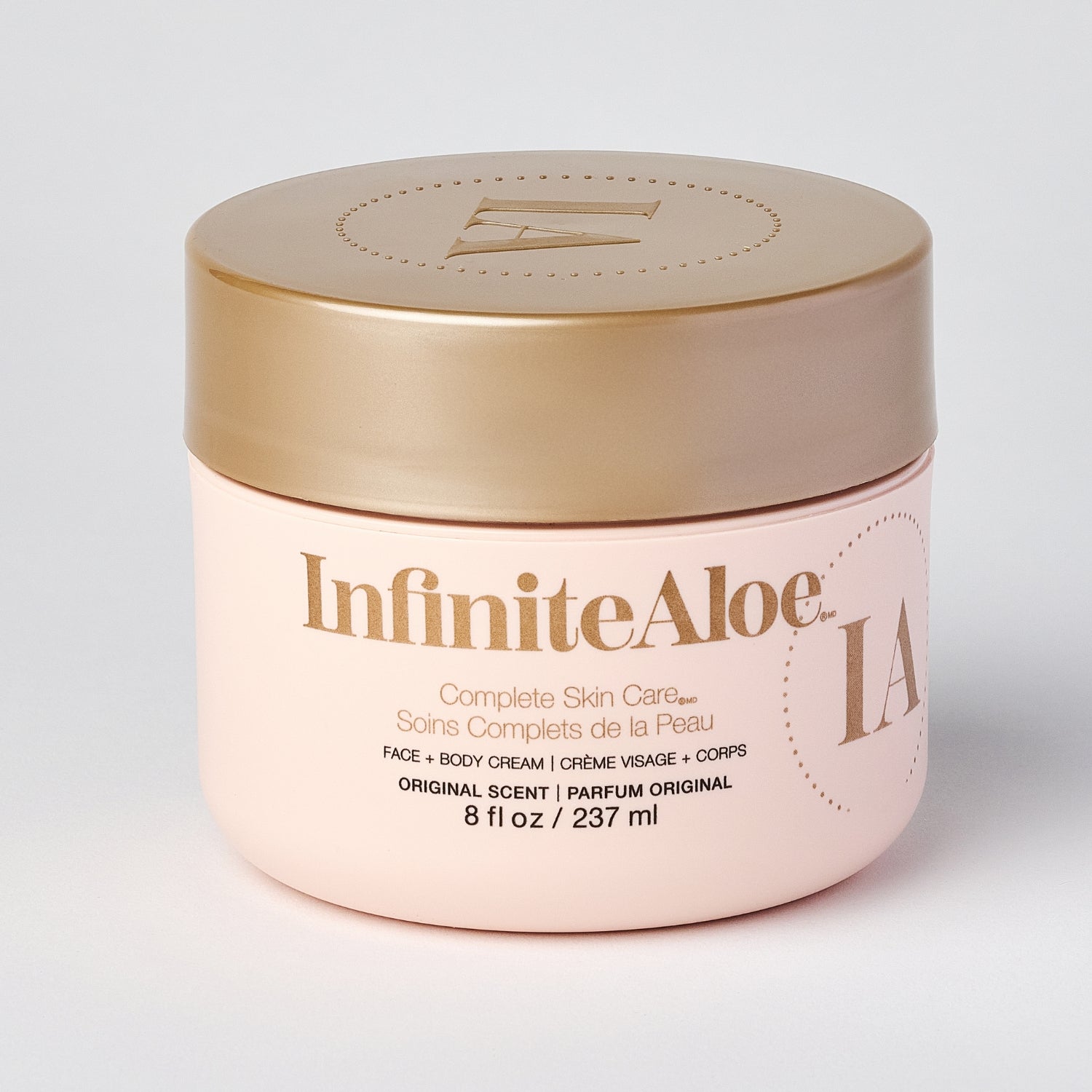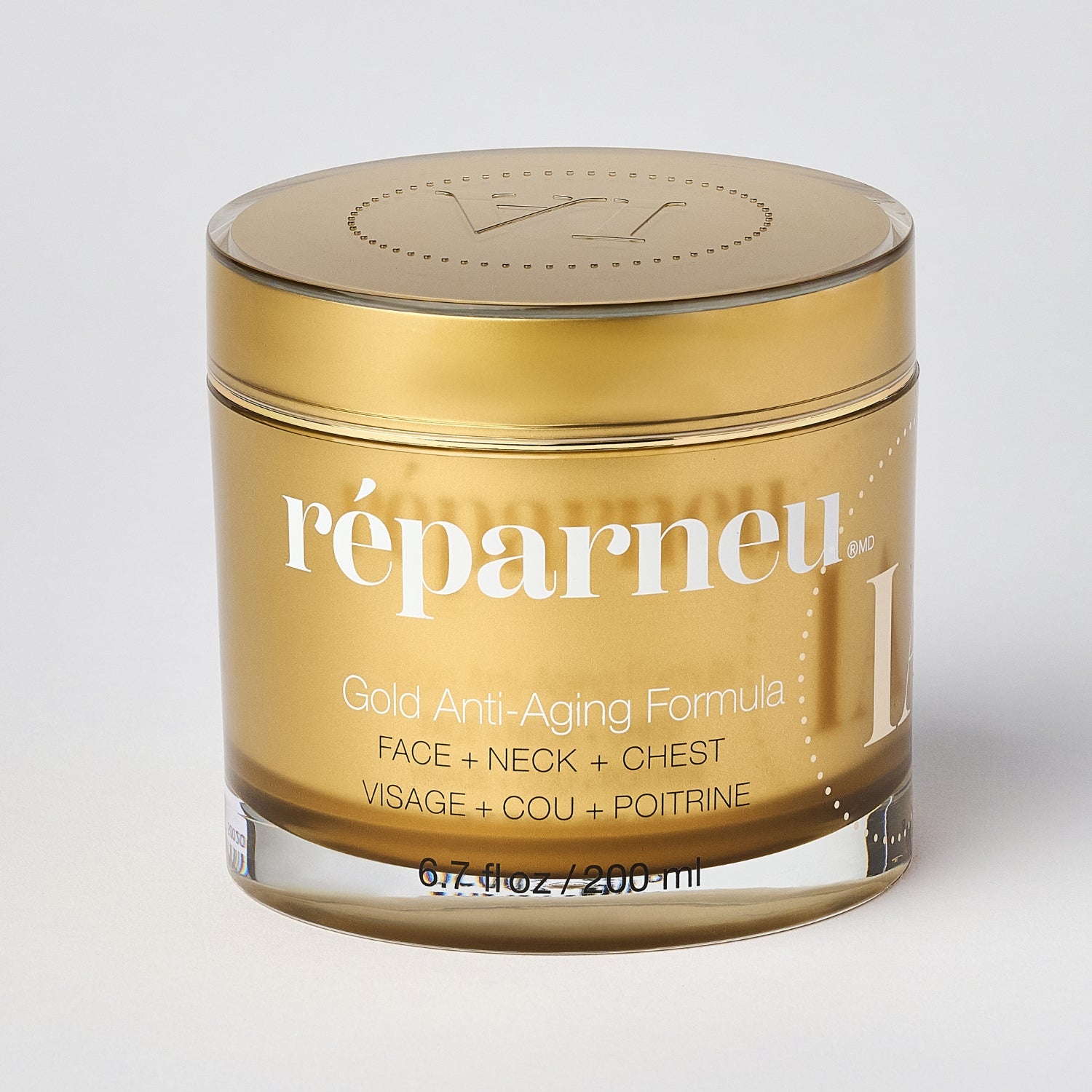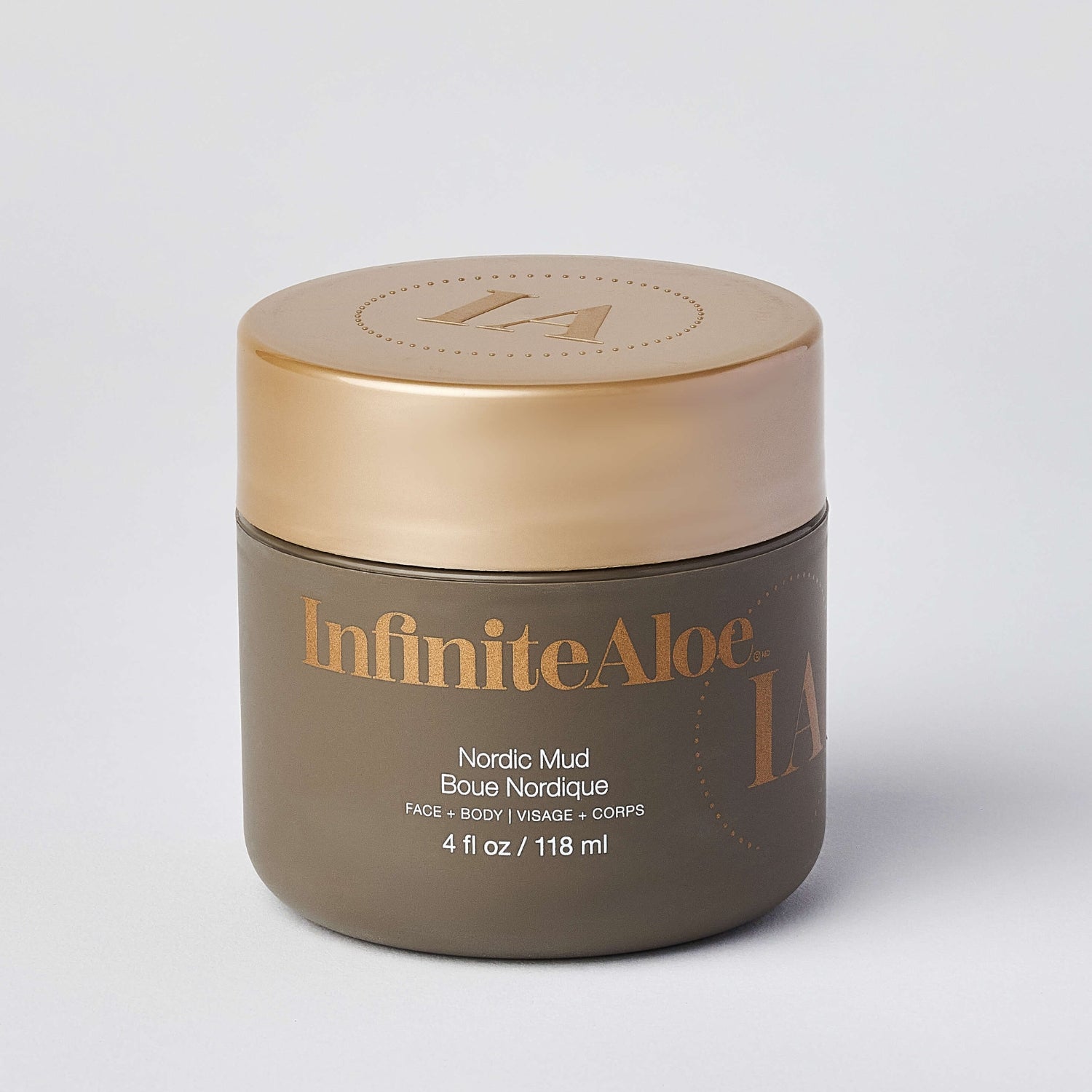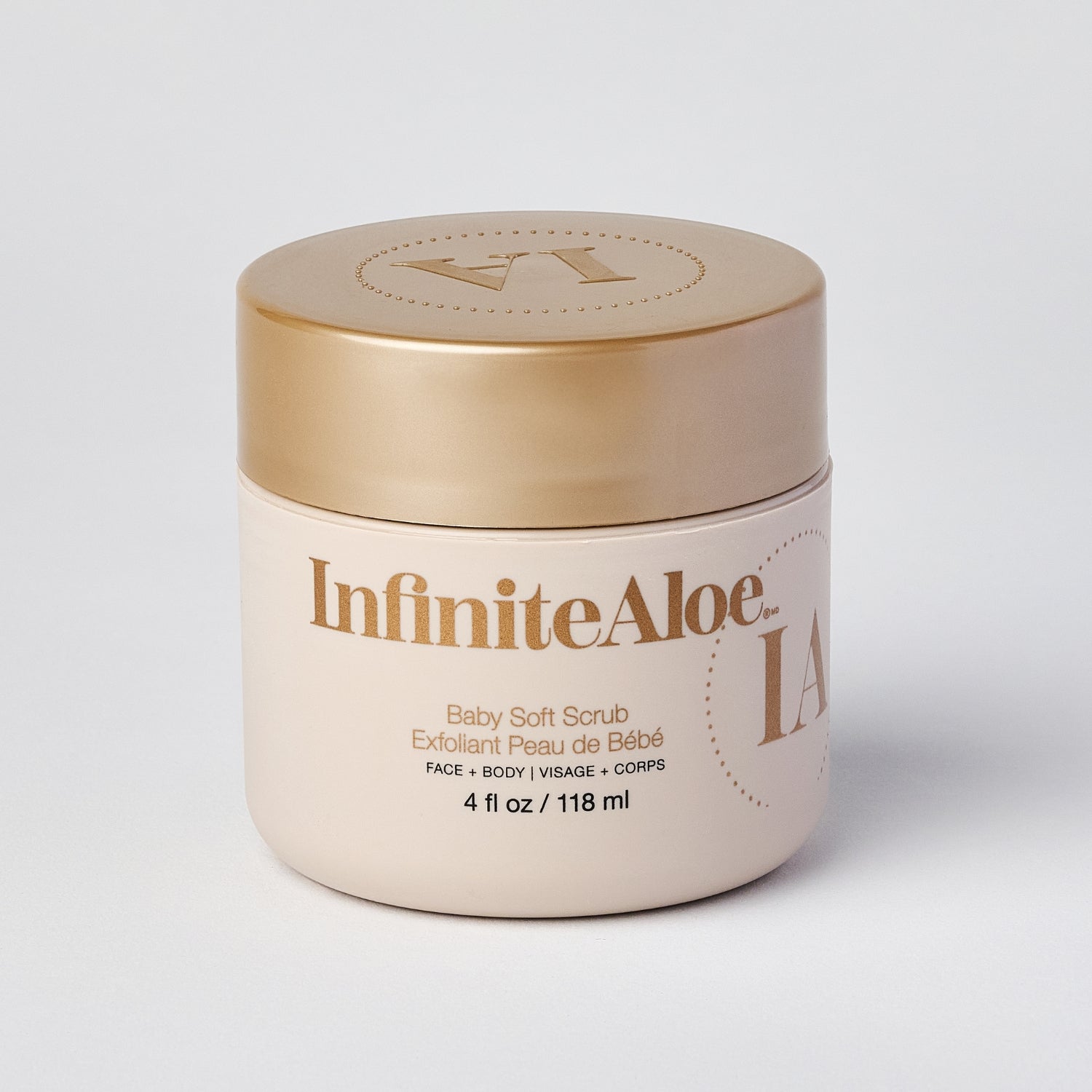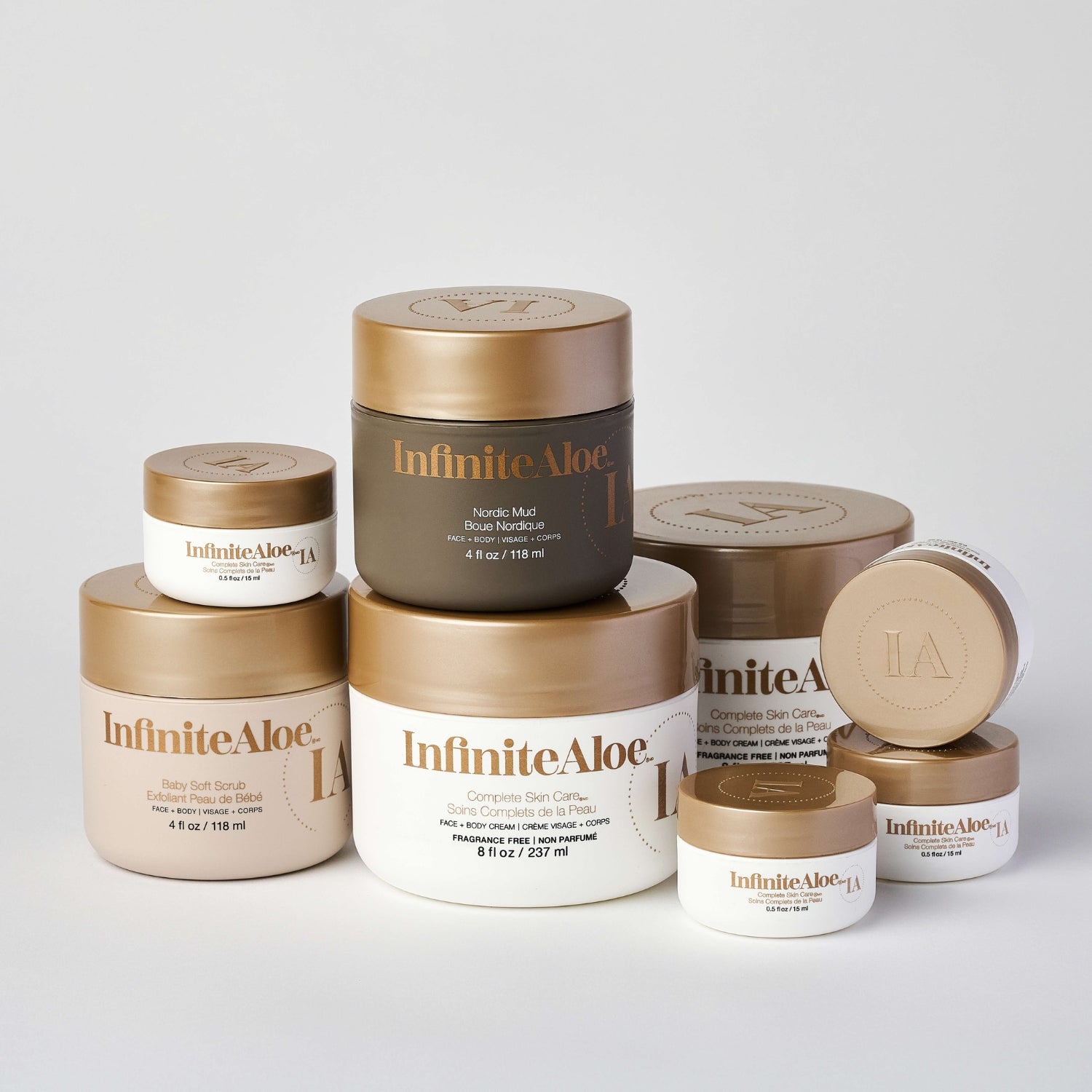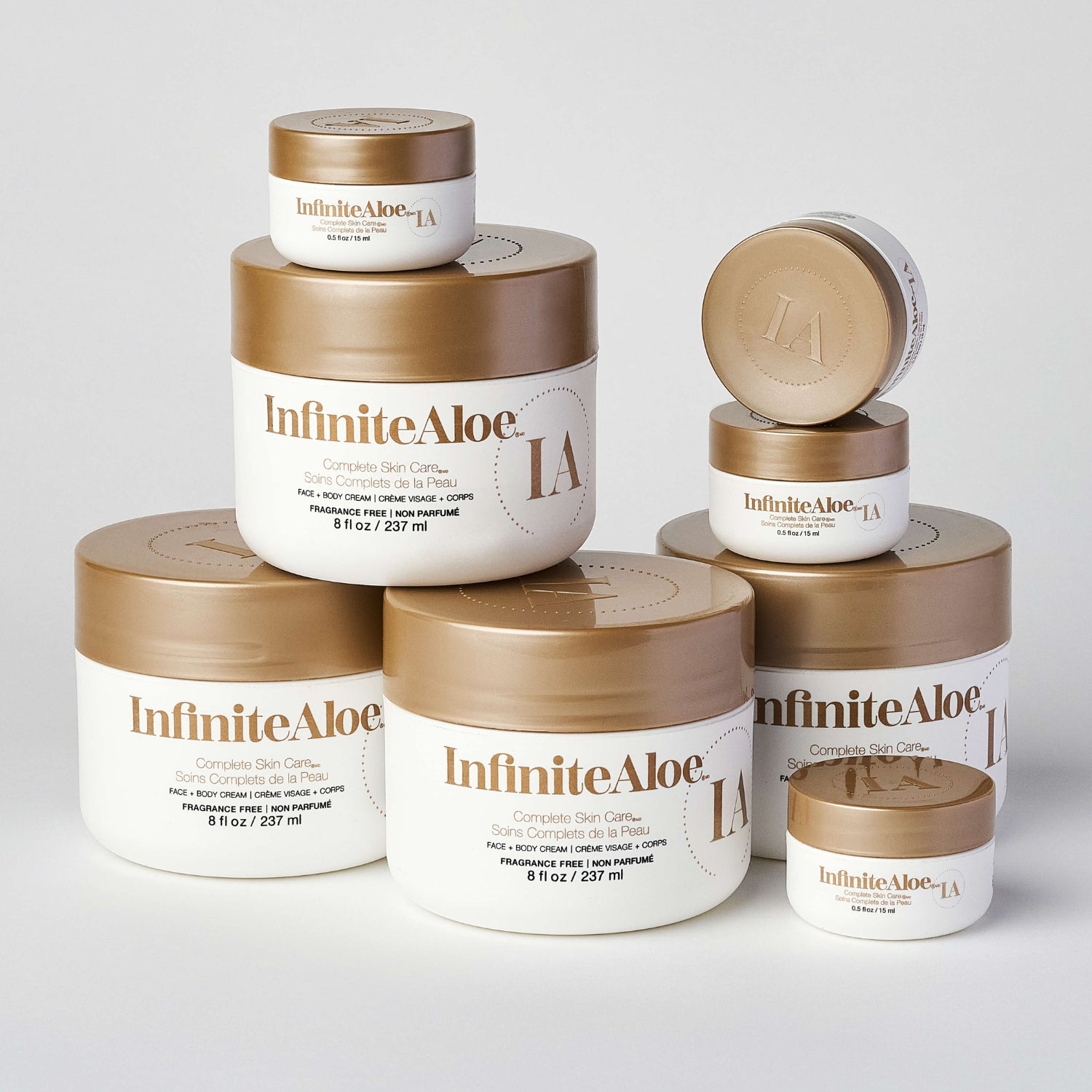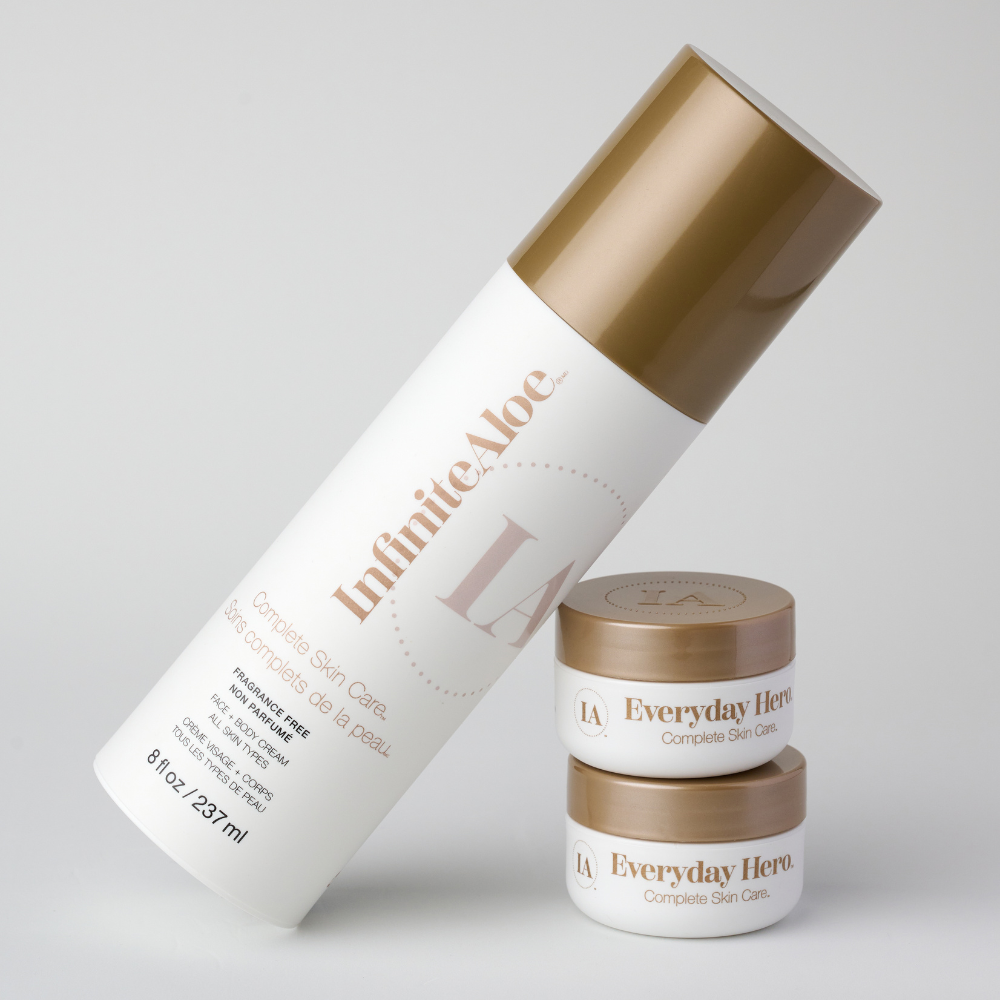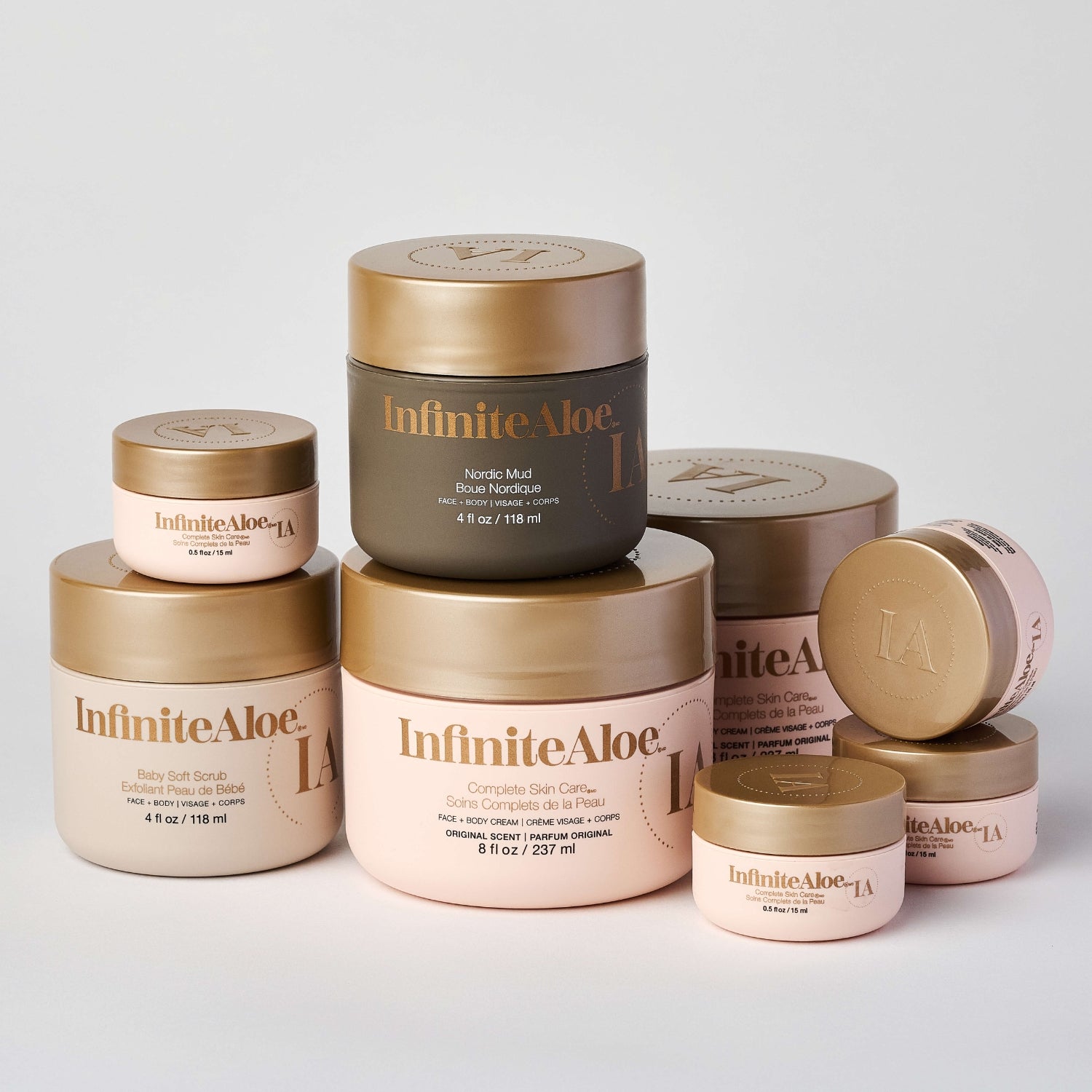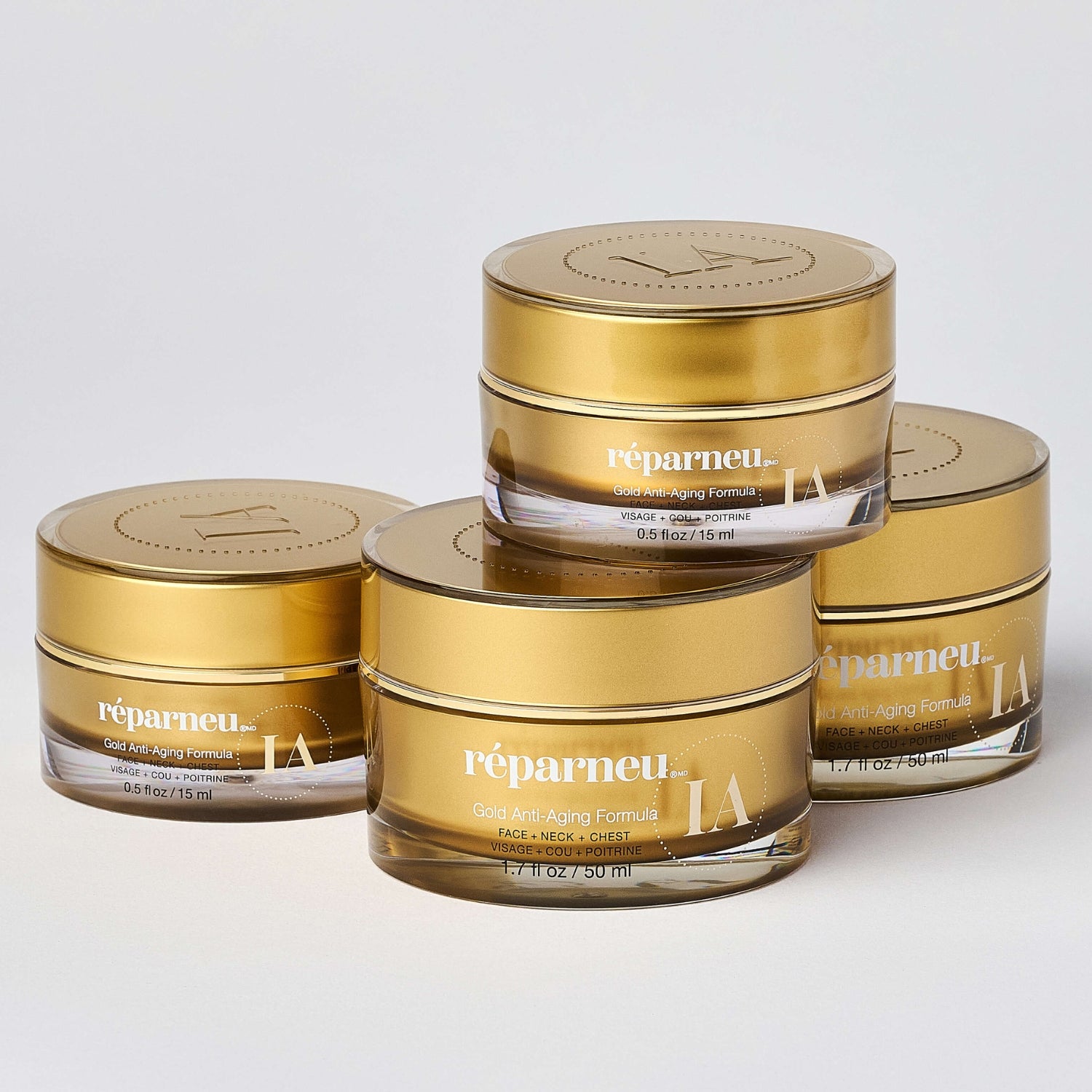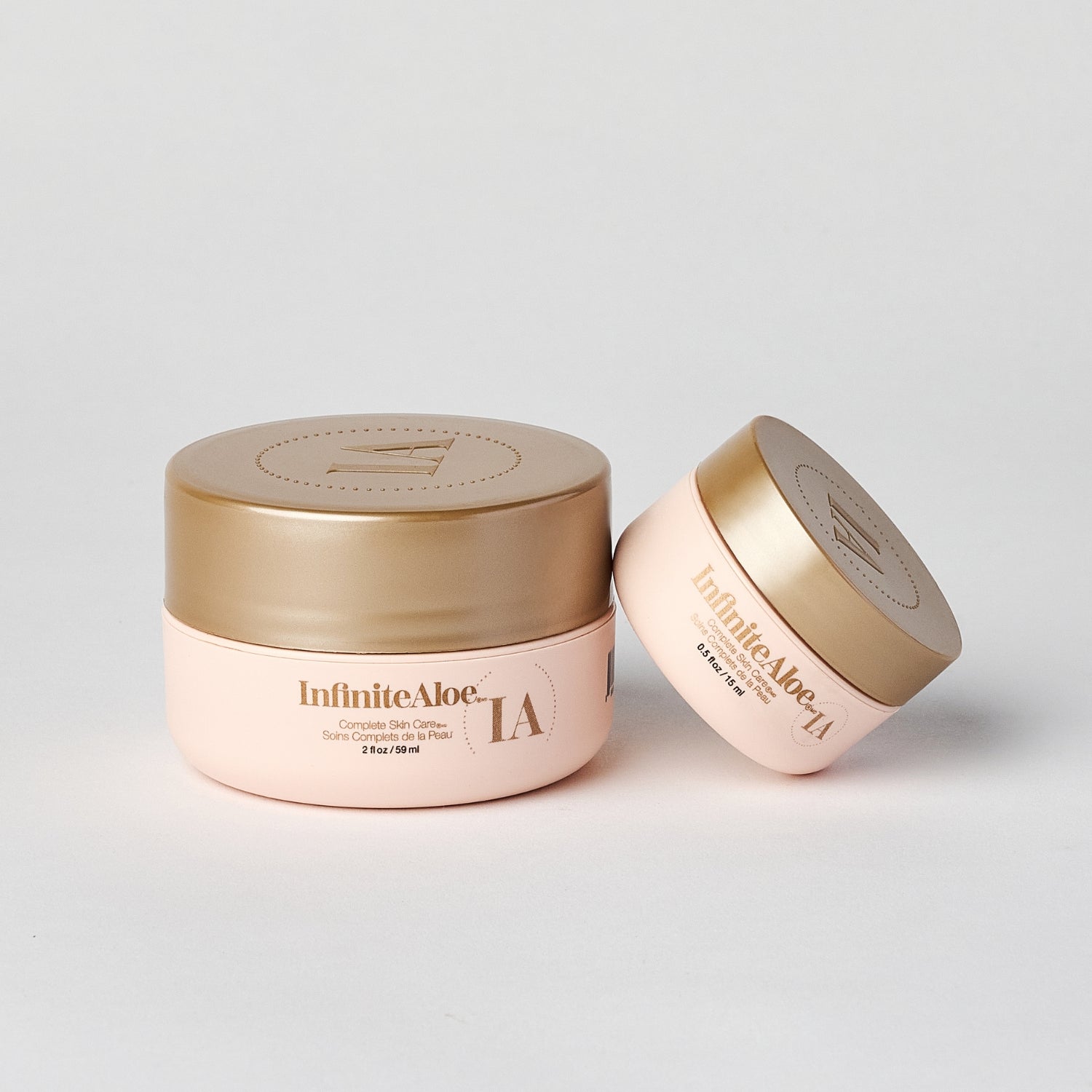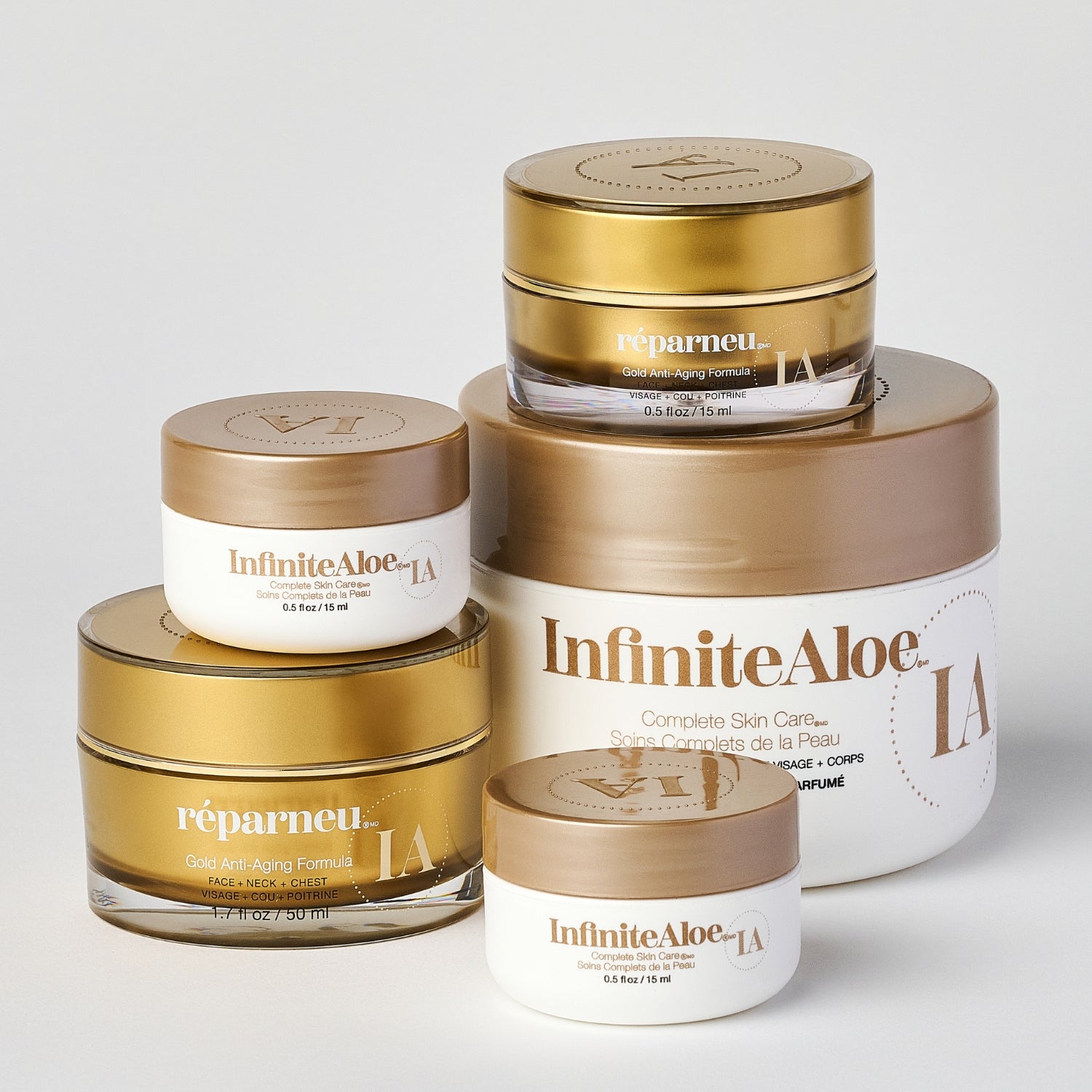Eczema is a common skin condition that affects millions of people worldwide. Although the exact cause of eczema remains unknown, recent research has shed light on the critical role that bacteria play in the development and progression of the condition. In fact, more than 90% of people with eczema have Staphylococcus aureus bacteria colonizing their skin, which can aggravate the skin's allergic sensitivity and inflammation.
Studies have shown that individuals with eczema have a less diverse and less stable skin microbiome compared to those without the condition. This means that the balance of beneficial and harmful bacteria on their skin is disrupted, leaving it more susceptible to infection and inflammation. Moreover, the presence of Staphylococcus aureus bacteria has been found to correlate with more severe eczema symptoms, suggesting a direct link between this bacterium and the condition.
But how does Staphylococcus aureus bacteria exacerbate eczema symptoms? Researchers have found that the presence of these bacteria on the skin leads to an overproduction of a type of immune cell called T-helper 2 (Th2) cells. Th2 cells are known to be involved in allergic reactions and inflammation, and their overactivation can worsen eczema symptoms. Therefore, controlling the growth of Staphylococcus aureus bacteria on the skin may be a crucial step in managing eczema and reducing its impact on quality of life.
So, what can you do to control the growth of Staphylococcus aureus bacteria and manage your eczema symptoms? Clinical studies have shown that Aloe Vera possesses gentle yet potent anti-microbial properties, making it an effective treatment for eczema. Additionally, maintaining good nutrition, practicing stress management techniques, avoiding certain chemicals, and wearing clothes made of natural fibers can prevent the Itch-Scratch Cycle, reduce inflammation, and minimize the likelihood of new flare-ups. With a few helpful tips and tricks, you can gain control over your eczema and improve your quality of life.
In conclusion, eczema and bacteria have a close relationship that can have a significant impact on the severity of the condition. By understanding the role that bacteria play in eczema, you can take steps to control their growth and manage your symptoms effectively. Whether through the use of natural remedies like Aloe Vera or by making lifestyle changes, there are many ways to break the Itch-Scratch Cycle and enjoy healthier, happier skin.

